Logging is an essential practice in many industries. However, there are a ton of misconceptions and myths about the practice. Many environmentalists do nothing to dispel these myths and misconceptions and often get in the way of loggers and forestry management. Without proper forest management, including logging and clearing the underbrush, forest fires become uncontrollable and end up destroying animal habitats and human homes and cities.
Myth #1: Logging is About Cutting Down Trees
Many people believe that logging is only associated with the depletion of forests.
The reality is that logging encompasses many activities, including selective cutting, reforestation, forest management and resource extraction. Loggers like Miller Farms practice sustainable logging practices to strike a balance between human needs for timber and conserving forest ecosystems.
Myth #2: Logging Creates Soil Erosion
One of the arguments about logging is that it creates soil erosion. People spread the myth that trees protect the soil by holding it in place.
The reality is that responsible logging practices use measures to prevent soil erosion. Because trees do help hold the soil in place, loggers use techniques such as contour logging and forest road management and implement erosion control structures to reduce the risk of soil erosion.
Myth #3: Logging Harms the Environment
Many people believe that all logging operations create deforestation and negatively impact the environment.
Unsustainable logging practices can impact the environment. However, when logging companies use responsible logging, it maintains healthy forests, prevents wildfires and promotes biodiversity. For example, a five-acre homesite that has one to two acres clear-cut for a home site and three to four acres select-cut brings in additional wildlife.
Birds, deer and other animals that call Tennessee their home don't have to fight with trees that are too close together or thick underbrush. Logging also clears some of the older trees that block the sun from the smaller trees. Finally, on the Cumberland Plateau, some of the oak species, particularly red oak, don't last for hundreds of years due to the shallow root system caused by the underlying shale and rock beds.
Myth #4: Logging Destroys Wildlife Habitats
Often, some argue that logging disrupts wildlife habitats, leading to displacement and extinction of various species.
When properties are properly logged, they create diverse habitats that support a wide range of wildlife. Select logging leaves trees to protect nesting and feeding areas for wildlife. These types of conservation practices are often incorporated to minimize the disruption of and boost local ecosystems.
Myth #5: Loggers Always Clear-Cut Properties
Clear-cutting means removing all trees from an area, leaving it barren. Many people think of this when they think of logging operations.
The reality is that not all logging operations involve clear-cutting, which is just one method of harvesting. On smaller plots, a homeowner might clear-cut around his or her home but have the logger select-cut the rest of the property. Shelterwood cutting allows different levels of canopy cover. When large operations clear-cut, they often cut a portion of a property – not the whole thing.
Myth #6: Logging Doesn't Support the Local Community
Many assume that logging only benefits large corporations that often do not contribute to the well-being of local communities.
The reality is that there are many small, family-run logging operations that have a positive impact on local economies. These logging operations provide jobs, generate revenue for communities and stimulate businesses. In some cases, it emphasizes community development.
Myth #7: Logging is Unsustainable
That logging is unsustainable because it will ultimately deplete our forests and natural resources is another myth that is spread needlessly.
Sustainable logging practices ensure the long-term viability of forests by allowing younger trees to grow after removing older trees that may be near the end of their lives. Responsible logging can be sustainable by adhering to environmental regulations, managing forests with select-cutting, and implementing reforestation efforts.
Myth #8: Logging is Not Compatible with Conservation
The myth assumes that logging and conservation are mutually exclusive and that a forest can only be preserved by leaving it untouched.
The reality of this is that through careful planning and management, conservation and logging can work together. Sustainable forestry practices take conservation efforts into consideration, including implementing conservation easements and setting aside protected areas to maintain an ecological balance and biodiversity.
Myth #9: Logging Does Not Contribute to Climate Change Mitigation
Some people mistakenly believe that logging contributes to climate change by releasing the carbon stored in trees into the atmosphere.
With proper forest management, logging can be a tool to fight against climate change. A well-managed forest can act as a carbon sink by sequestering carbon dioxide and mitigating its release into the atmosphere. Wood products from sustainable logging can also substitute for energy-intensive materials, which also reduces carbon emissions.
Myth #10: All Logging Companies Are Irresponsible
Many people stereotype logging companies as entities that disregard the local communities and environment in exchange for profits.
The reality is that not all logging companies subscribe to this theory. Many logging companies, especially smaller, family-run companies like Miller Farms, adhere to social responsibility and environmental standards.
Miller Farms: A Sustainable Logging Company
Logging has always had harmful myths chasing it, and many environmentalist groups do nothing to dispel these myths. As a result, loggers have been kicked out of certain areas – and those areas notoriously suffer more forest fires.
Luckily, Overton County, Tennessee, doesn't have large environmentalist groups bothering logging companies, whether small or large. Granted, there are some instances of irresponsible and destructive logging practices, but you'll find that many of the small to medium companies respect the environment and the local community.
If you have a property that needs to be logged, contact Miller Farms for a walkthrough to discuss the best logging practices for your property.







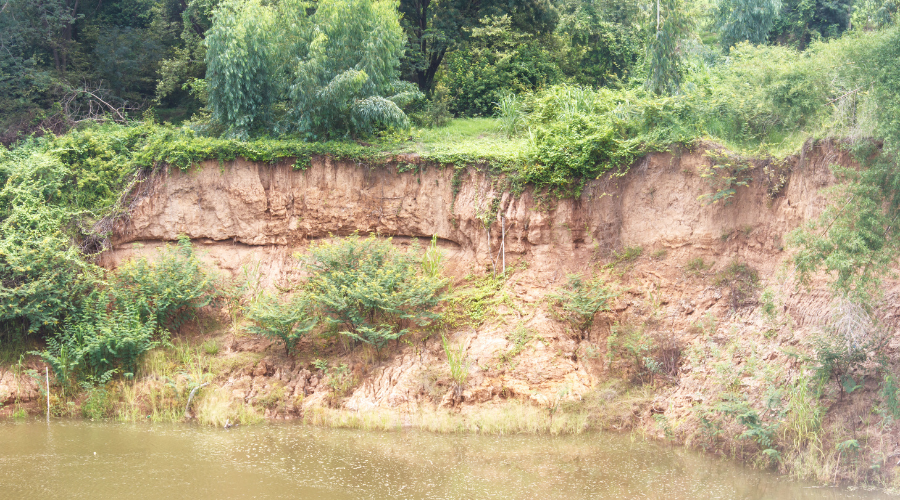
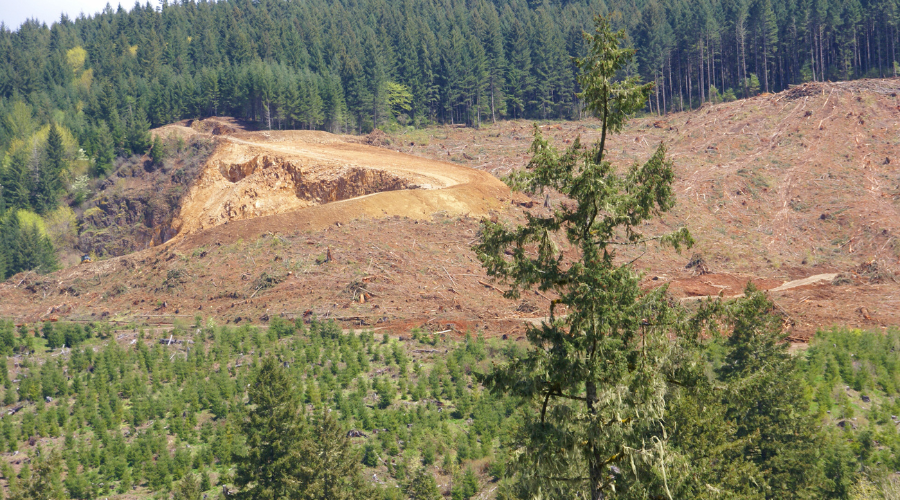
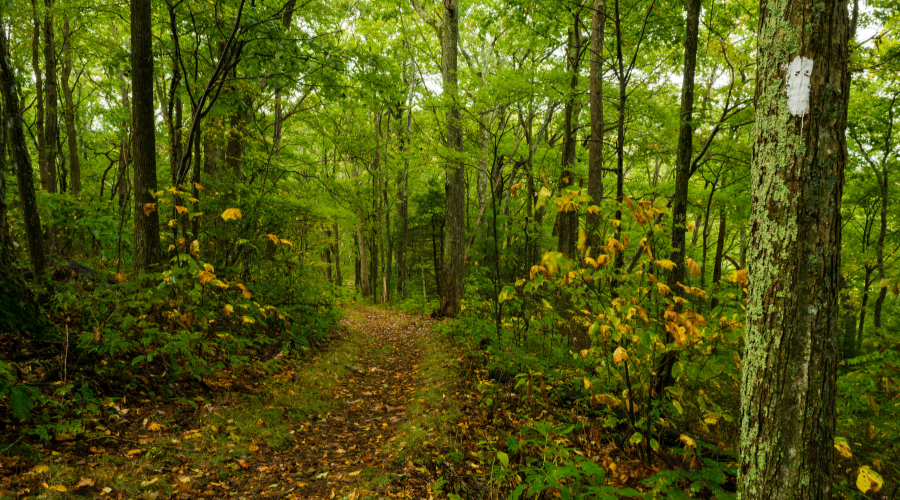
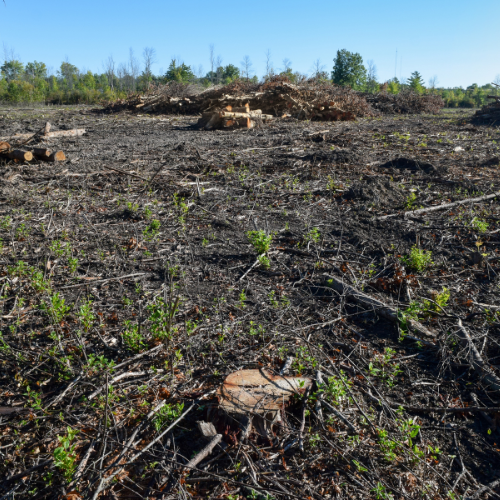
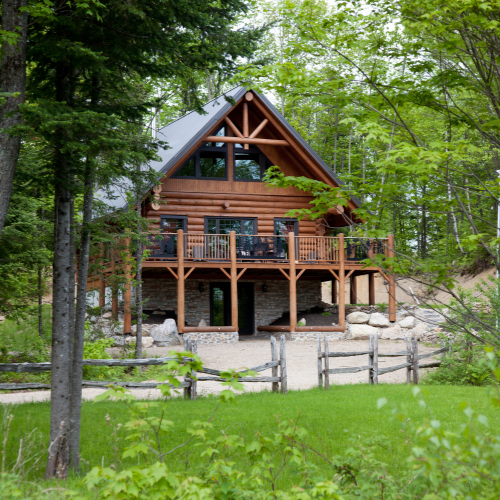

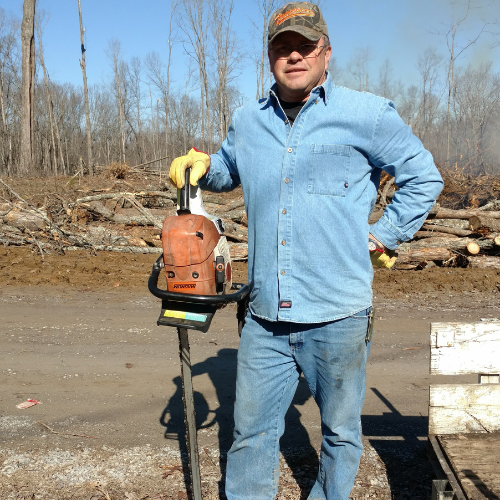
Comments